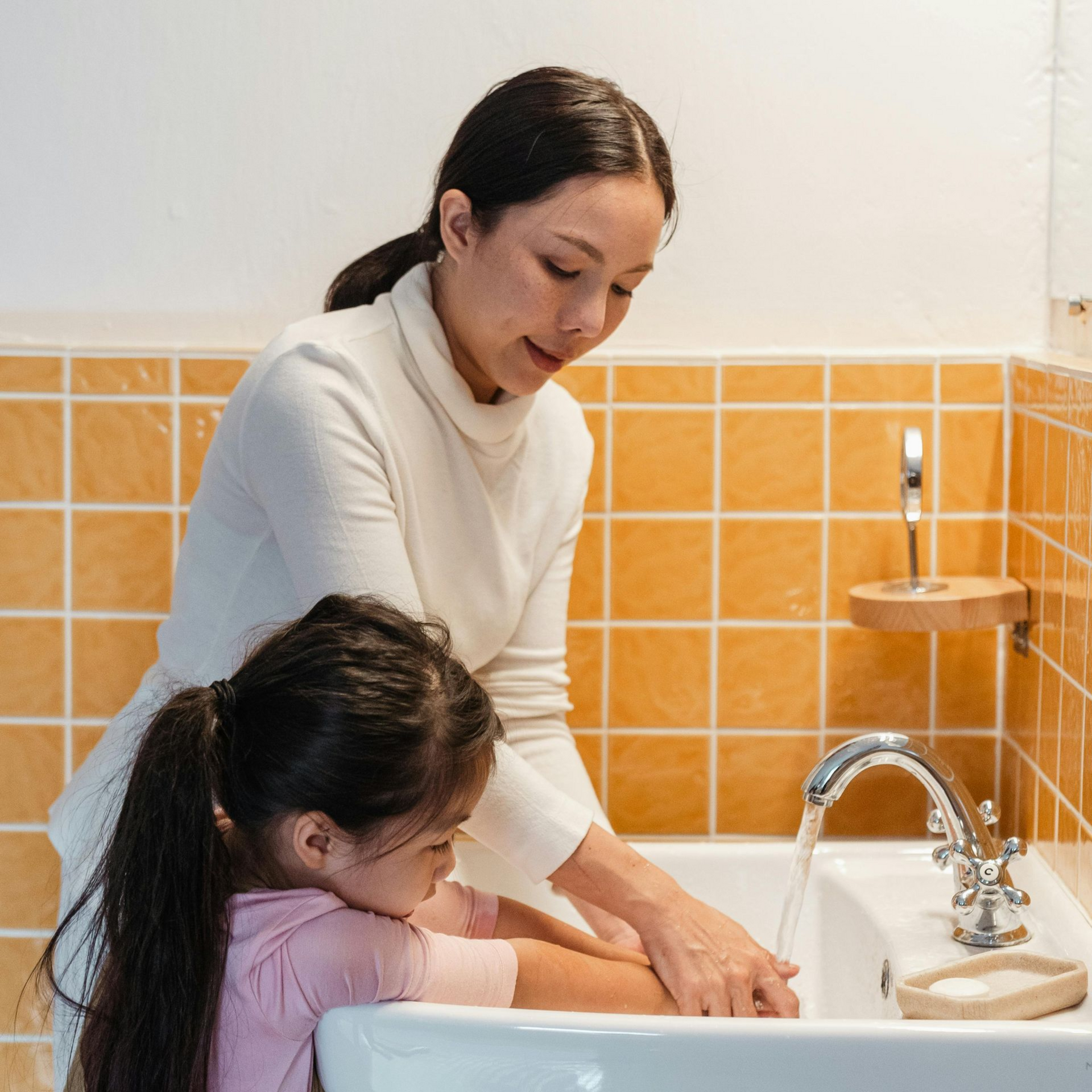What Am I Looking At? | Making Sense out of ABA Documentation
Making sense of new words and concepts doesn't have to be hard. Together, it won't have to be!
Therapy starts....and so do the questions
Once therapy begins you’ll be reading a lot of documentation part of which is needed by insurance and part of which demonstrates the data associated with your child’s progress. ABA therapy is first and foremost a service that relies on data to demonstrate if the programs that are created for your child are working as intended. It’s also how your clinical team individualizes therapy to your family and child.
Some of the most important documents you’ll need to familiarize yourself with include: assessment reports, reassessment reports, daily notes from the ABA therapists, and snapshots of ongoing data from current/existing goals.
Assessments/Reassessments:
It can be daunting to look at an assessment report but there are a few things that should be the focus: goals, graphs (showing progress over time), reassessment/recommendations and recommendations.
- Goals: When looking over the goals, ensure that they make sense to you and the progress for your child. Do the goals take your concerns into consideration? Goals will be based on the assessment the BCBA will run with your child; however, it’s important that your concerns are heard and worked into the goals. Additionally, ensure that the targeted parent training goals align with your needs. For goals, rationale should be provided.
- Graphs: Graphs can be a bit daunting to look at – be sure you have the BCBA explain the progress to you. If you notice that your child has not been making progress, look to see if the rationale is provided in the report. If it is not, be sure to ask your BCBA to provide this. Focus on the recommendations that the BCBAs make, specifically with regards to the hours (direct therapy, how many hours of supervision, parent training/parent meeting, authorization).
For reassessment, one important thing to note - How many goals has the kiddo mastered in the previous re-authorization period. If it’s a low number of programs, then you should be having a conversation with your BCBA about the reasoning/rationale. This should also be provided in writing within the report.
Some assessments that you may see your BCBA running with your child include, but are not limited to:
- Verbal Behavior Milestones Assessment and Placement Program (VB-MAPP)
- Vineland Adaptive Behavior Scales (parent report or teacher report)
- The Assessment of Functional Livings Skills (AFLS)
- The Assessment of Basic Language and Learning Skills (ABLLS)
Additionally, in the state of Illinois, most providers will ask you to fill out the Vineland report in addition to the assessment the BCBA will run. This is a standard measure of care.
Daily Notes from Therapists:
Notes should be provided by the therapists daily or as often as your therapy sessions. Be sure you are asking your BCBA for access to these notes if it is not automatically provided to you. When looking at these notes, take note that these are written out as objective as possible. If the notes provided to you appear to include subjective/personal opinions be sure to bring this up with the BCBA on your case.
Clinical notes are considered part of your child’s medical record, and as such, insurance providers can ask for these notes. Review the highlights (what the child does well) and some low lights (potential goals). You can try to work on some of those goals outside of session (ask your BCBA how to run some of these programs). Keep track of the behaviors that are being recorded in session notes. If you see a high frequency of certain behaviors, be sure to bring this up to your BCBA and see what can be done to decrease these behaviors (you may be able to run interventions outside of the session).
We often recommend that parents/guardians set aside time to read notes at least weekly or bi-weekly. Set time out every week to review the notes on a weekly or bi-weekly basis. This way, you have a better understanding of how your child is progressing than the granular nature that daily review may lend itself to.
Snapshots:
Are you being provided with access to what the therapists are recording data on? If so, make sure the BCBA has provided you directions on how to maneuver that site or platform. Looking at it from a daily basis can be daunting and may not be recommended. If you’re not seeing progress, it may be the context of the program(s) - newer program, harder program, etc.
We recommend looking at snapshots about once a week so you can begin to see what is being worked on and are able to monitor on your own. While you can have an idea of what you think is appropriate or how your child is progressing, the data may prove differently.
We’re Here!
Still have questions or concerns you need answered? We’re here for you and you reach out to us at 630-777-2800 with your supervising BCBAs extension or general inquiry to contact@vilijaba.com. A member of our team will get back to you as soon as possible.
Accountability | Integrity | Empathy | Collaboration










